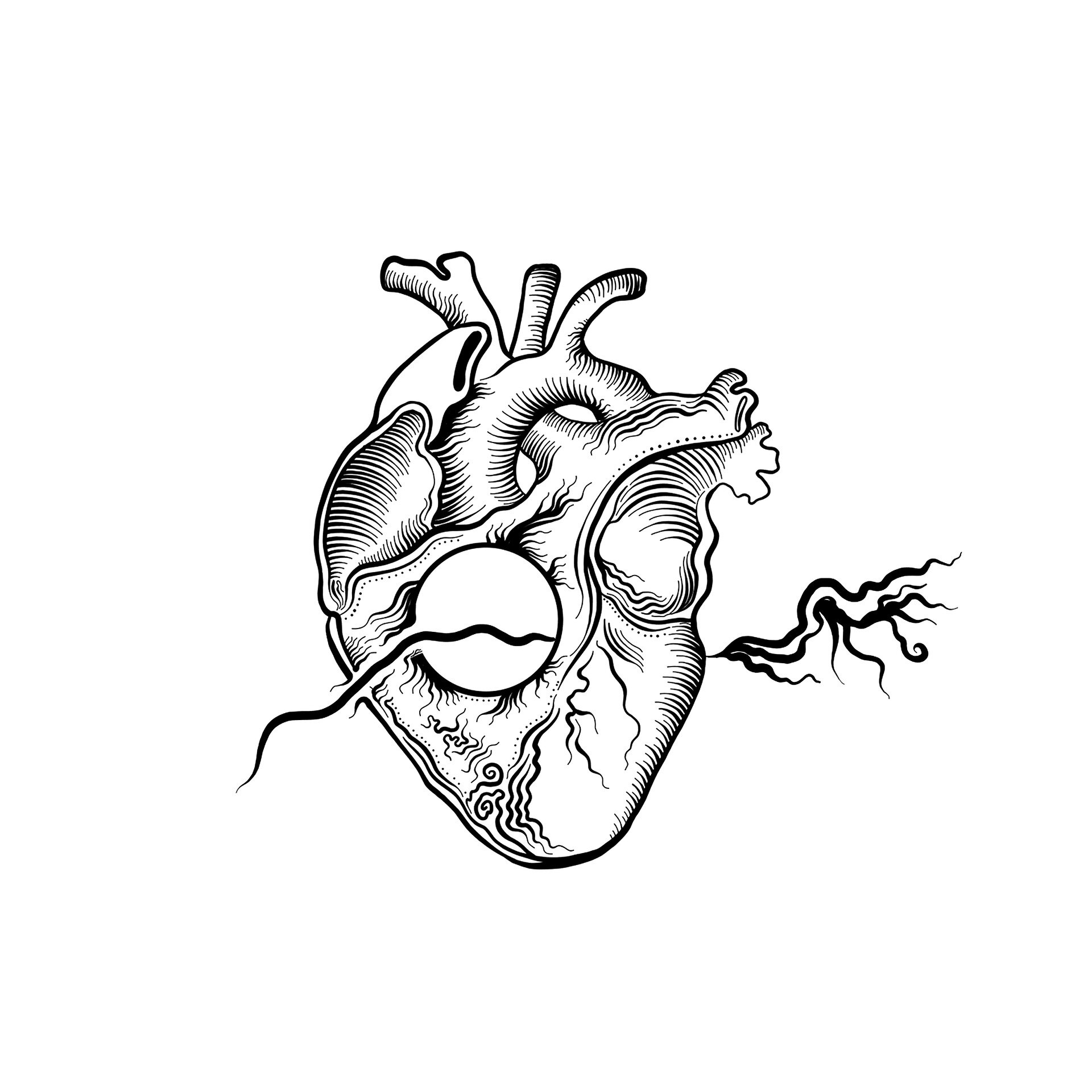
There was no difference in efficacy between transcatheter edge-to-edge repair (TEER) and surgery in patients with secondary mitral regurgitation (MR), according to late-breaking research presented in a Hot Line session today at ESC Congress 2024. The findings are published in the New England Journal of Medicine.
“TEER is commonly used to treat patients with secondary MR, but there has been no randomized trial comparing it with traditional surgery. In the MATTERHORN trial, we were able to show non-inferiority between the two techniques for improving MR—both methods worked well—with some safety benefits favoring TEER,” said study presenter Professor Volker Rudolph of the Heart and Diabetes Center NRW, Bad Oeynhausen, Germany
This investigator-initiated randomized controlled trial recruited patients with secondary MR, left ventricular ejection fraction (LVEF) ≥20%, with symptoms of heart failure (New York Heart Association [NYHA] class ≥2) despite optimal guideline-directed medical therapy, who were considered at high surgical risk by the local Heart Team. Patients were randomized 1:1 to mitral TEER or surgical mitral valve therapy (mitral valve repair or replacement at the surgeon’s discretion).
The primary efficacy endpoint was the composite of death, hospitalization for heart failure, mitral reintervention, assist device implantation and stroke at 1 year. The key secondary endpoint was the recurrence of MR grade ≥3 at 1 year. The primary composite safety endpoint, assessed at 30 days, included death, myocardial infarction, major bleeding, stroke or transient ischemic attack, rehospitalization, all reinterventions, non-elective cardiovascular surgery, renal failure, deep wound infection, mechanical ventilation >48 hours, gastrointestinal complications requiring surgery, new-onset atrial fibrillation (AF), septicemia and endocarditis.
In total, 210 patients were randomized from 16 centers in Germany. The average age was 70.5 years and 40% were female. The mean LVEF was 43% and heart failure was NYHA class III or IV in 86% of patients. The median European System for Cardiac Operative Risk Evaluation (EuroSCORE) II score was 3%. In the surgical group, 72% underwent mitral valve repair and 28% underwent mitral valve replacement.
There was no significant difference in the primary composite endpoint, which occurred in 16.7% of patients in the TEER group and 22.5% in the surgical group at 1 year (odds ratio [OR] 0.69; 95% confidence interval [CI] 0.33–1.44; p=0.320), with non-inferiority confirmed (p
There was no significant difference in the recurrence of MR grade ≥3 at 1 year: 8.9% of patients in the TEER group vs. 1.5% in the surgical group (OR 6.22; 95% CI 0.75– 51.95; p=0.091). After 1 year, 73.2% of patients in the TEER group and 87.3% of patients in the surgical group had MR grade ≤1, highlighting the efficacy of both therapies.
The primary safety endpoint occurred in significantly more patients in the surgical group (54.8%) than in the TEER group (14.9%; p
Principal Investigator, Professor Stephan Baldus, from the University of Cologne, Germany, concluded, “The MATTERHORN trial is the first randomized trial to demonstrate the non-inferiority of TEER and surgery in patients with secondary MR. These new data may become important to guide decision making as European guidelines2 currently recommend TEER may be considered in patients who are judged inoperable or at high surgical risk by the Heart Team.”
More information:
Stephan Baldus et al, Transcatheter Repair versus Mitral-Valve Surgery for Secondary Mitral Regurgitation, New England Journal of Medicine (2024). DOI: 10.1056/NEJMoa2408739
Citation:
Transcatheter edge-to-edge repair found non-inferior to surgery in patients with secondary mitral regurgitation (2024, September 3)
retrieved 3 September 2024
from https://medicalxpress.com/news/2024-09-transcatheter-edge-inferior-surgery-patients.html
This document is subject to copyright. Apart from any fair dealing for the purpose of private study or research, no
part may be reproduced without the written permission. The content is provided for information purposes only.


